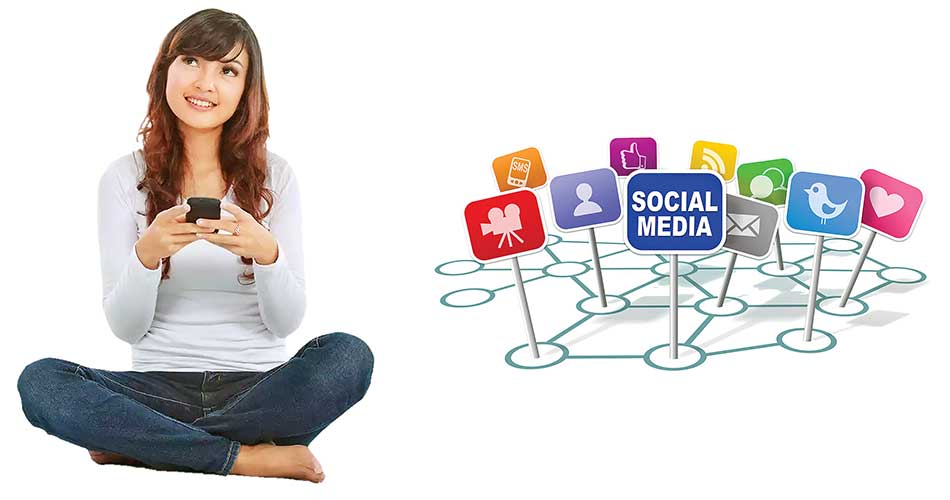Salt therapy – All you need to know
- 24 Feb - 01 Mar, 2024
The rise of social media has meant that we as a global population are more connected than we have ever been. However, our reliance on social media can have a detrimental effect on our mental health. Today, over 3.2 billion people use social media actively around the globe.

While social media platforms can have their benefits, using them too frequently can make you feel increasingly unhappy and isolated in the long run. The constant barrage of perfectly filtered photos that appear on Instagram are bound to knock many people’s self-esteem, while obsessively checking your Twitter feed just before bed could be contributing towards poor quality of sleep.
Here are six ways that social media could be negatively affecting your mental health without you even realising.
We all have our fair share of insecurities. However, comparing yourself to others on social media by stalking their aesthetically perfect Instagram photos or staying up to date with their relationship status on Facebook could do little to assuage your feelings of self-doubt. A study conducted by the University of Copenhagen found that many people suffer from “Facebook envy”, with those who abstained from using the popular site reporting that they felt more satisfied with their lives. Becoming more conscious of the amount of time you spend scrolling through other people’s online profiles could help you focus more on yourself and boost your self-confidence.
There is a big difference between interacting with strangers and long-lost friends on Facebook than actually hanging out in real life. Social media which is designed to help people connect to one another can actually cause disconnection. It lacks a physical connection which can lead to a feeling of loneliness and isolation.
Today, social media has so much content which encourages one to stay online endlessly. People now choose to hide on social media than to actually go out and try to make friends. As human beings, it’s so important for us to be able to communicate and forge personal connections with one another. However, it can be hard to do so when we’re glued to rectangular screens, becoming more acquainted with our friends’ digital facades than their real-life personas.
Having enough sleep is of paramount importance. However, many of us use our phones too soon before choosing the hit the hay, making it harder to doze off. Getting worked up with anxiety or envy from what we see on social media keeps the brain on high alert, preventing us from falling asleep. Plus, the light from our mobile device just inches from our face can suppress the release of melatonin, a hormone that helps us feel tired.
It’s not just your subconscious brain that you need to worry about, but also the extent to which your brain is able to fully concentrate when you’re awake. While it’s incredible to consider the amount of information readily available at our fingertips thanks to social media, it also means that people have become far more easily distracted. Social media has provided a means of constantly giving into the temptation of instant, easy-access entertainment. If you’re unable to not check your phone for at least a few minutes, then you’d do well to practise exercising your willpower on occasion.
Social media can be great for looking back fondly on memories and recounting how past events occurred. However, it can also distort the way in which you remember certain tidbits from your life. Many of us are guilty of spending far too much time trying to take the perfect photo of a visual marvel, all the while not actually absorbing the firsthand experience of witnessing it with your own two eyes. It detracts other aspects of the experience, undermining the happiness we could be gleaning from them.
COMMENTS